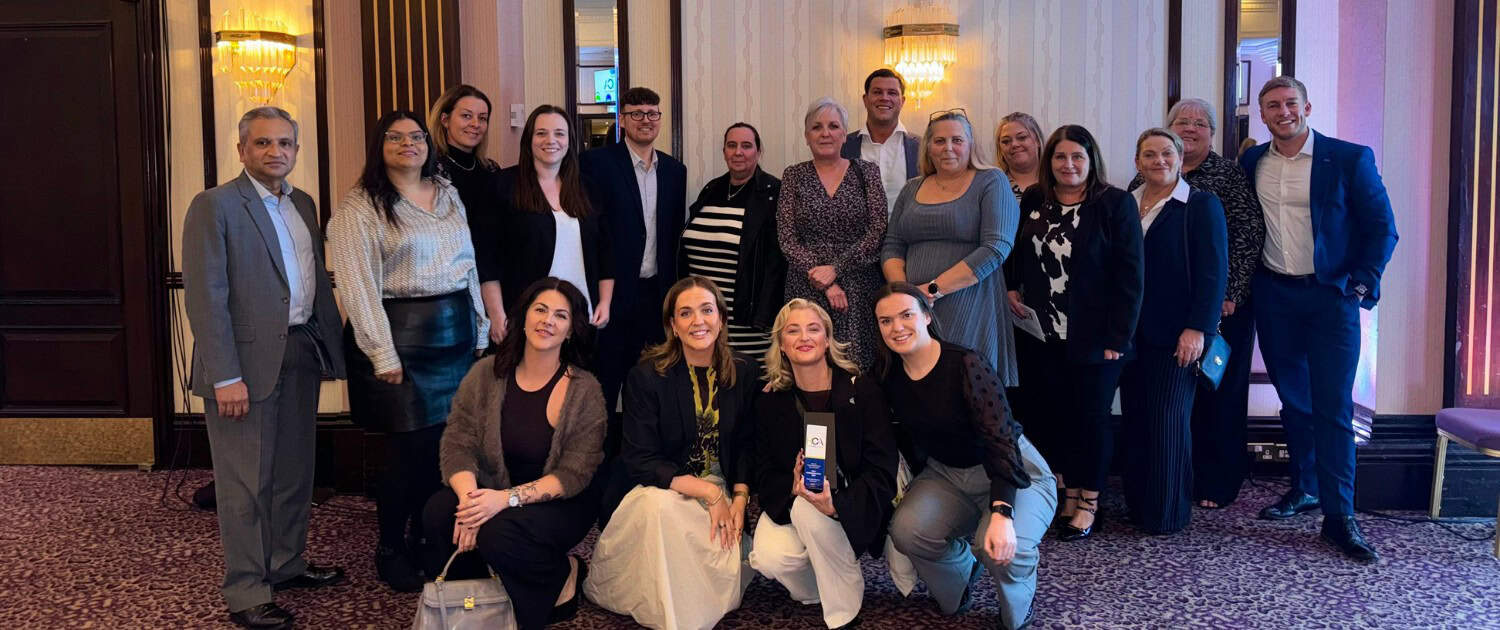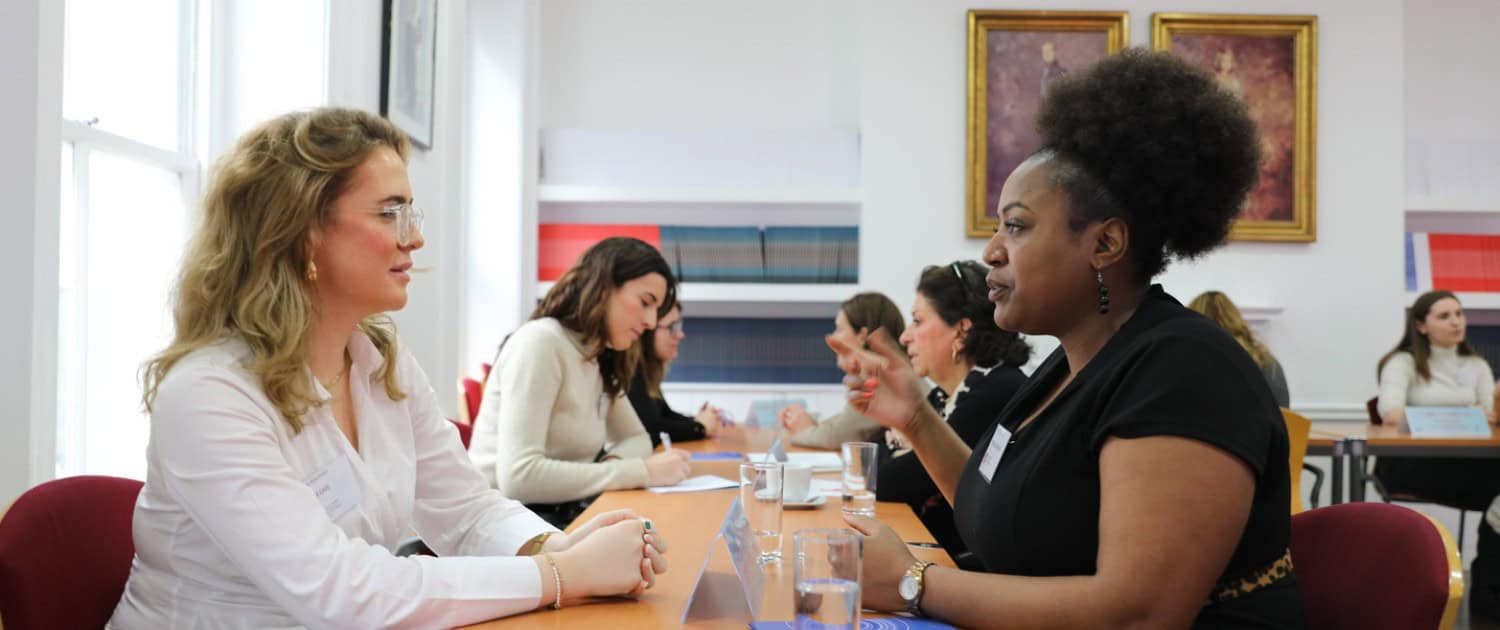Last Friday marked a significant milestone for us at CCS, as one of our dedicated Care Assistants, Kevin, had the privilege of attending a prestigious roundtable discussion at the University of Oxford. This event, organised by The Care Workers’ Charity in collaboration with the Institute for Ethics in AI and Reuben College, delved into the transformative potential of Generative Artificial Intelligence (AI) within the realm of social care.
The discussion centered on several pivotal topics, including the impact of AI on carers’ work life, the relationship dynamics between carers and those they support, potential biases inherent in AI systems, and the overall impact on the quality of care. Kevin was invited to share his professional insights on these themes, bringing a valuable perspective from the frontline of social care.
Impact of AI on Carers’ Work Life
Kevin highlighted how AI could revolutionize the work life of carers by automating routine administrative tasks. According to a 2022 report by McKinsey & Company, AI could potentially reduce the time spent on paperwork by up to 40%, allowing carers to dedicate more time to direct patient care. This shift could alleviate the administrative burden that often leads to burnout among social care professionals, thereby enhancing job satisfaction and retention rates.
Relationship with People They Support
The integration of AI in social care also has the potential to redefine the relationship between carers and the individuals they support. Kevin discussed how AI-driven tools, such as predictive analytics and personalized care plans, could enable carers to provide more tailored and responsive support. A study by the Harvard Business Review in 2021 found that personalized care plans developed with AI assistance led to a 20% improvement in patient satisfaction and outcomes. However, Kevin also emphasized the importance of maintaining the human touch, as empathy and personal connection are irreplaceable elements of effective care.
Potential for Bias
One of the critical concerns Kevin addressed was the potential for bias in AI systems. Bias can arise from the data sets used to train AI algorithms, which may not fully represent the diverse populations that social care serves. According to a 2020 report by the World Economic Forum, 85% of AI projects reported issues related to data bias. Kevin underscored the necessity for rigorous and ongoing evaluation of AI tools to ensure they operate equitably and inclusively, mitigating any risks of perpetuating systemic inequalities.
Impact on Quality of Care
Finally, Kevin explored the broader implications of AI on the quality of care. AI has the potential to significantly enhance care quality by providing carers with real-time insights and decision support. For example, AI can monitor health indicators and alert carers to early signs of deterioration, enabling timely interventions. A 2019 study by the National Institute for Health and Care Excellence (NICE) indicated that AI-driven early intervention strategies could reduce hospital admissions by 30%. Kevin stressed that while technology can augment care, it should complement rather than replace the expertise and judgment of human carers.
Conclusion
We are delighted that Kevin was able to contribute his valuable insights at this session, engaging in a dialogue that is crucial for the future of health and social care. The discussions at the University of Oxford underscored the transformative potential of AI, while also highlighting the need for careful implementation to ensure ethical and equitable outcomes. As CCS continues to advocate for innovative solutions in social care, we remain committed to harnessing technology in ways that enhance the well-being of both carers and those they support.








